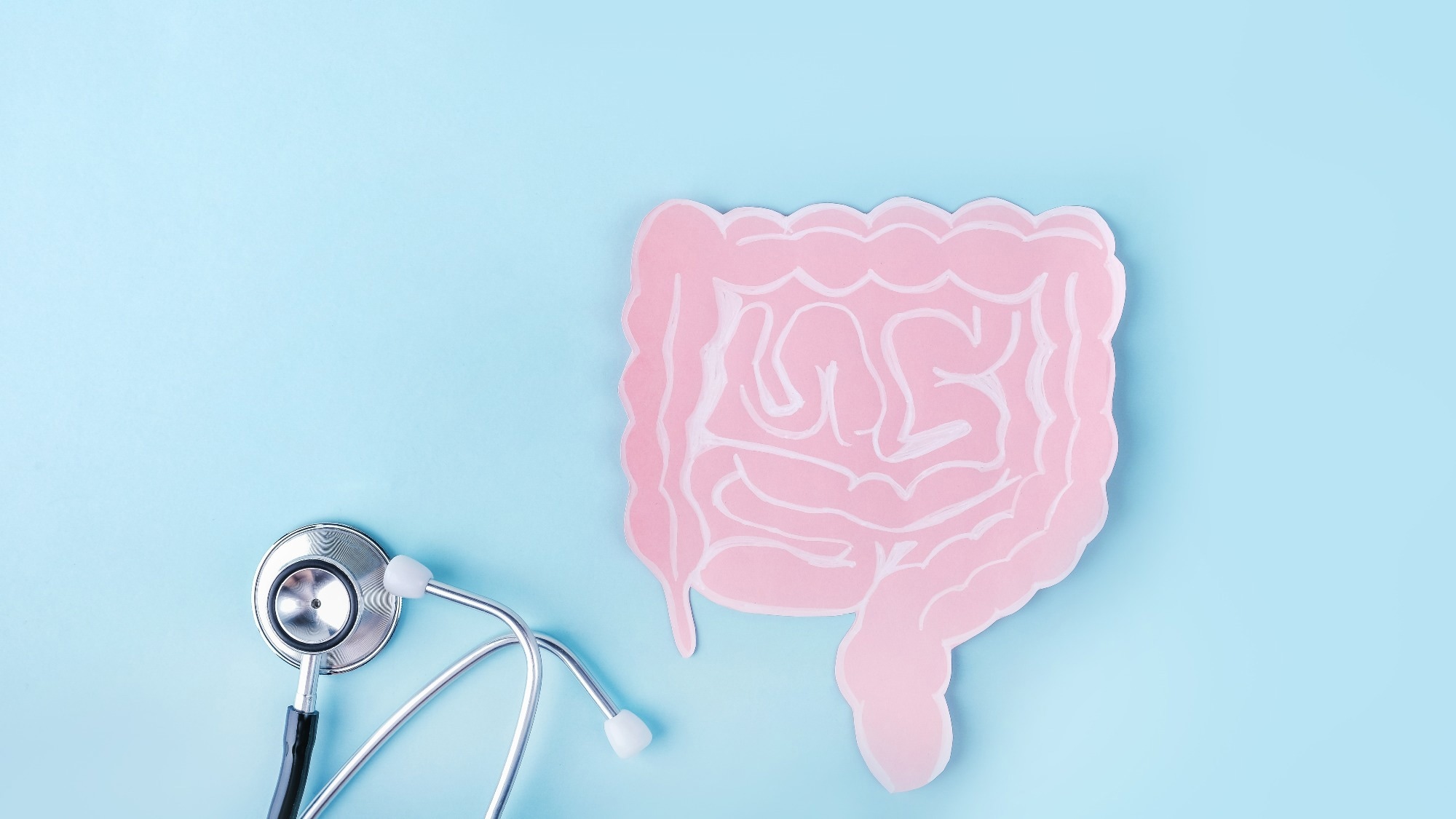Introduction
What is intermittent fasting?
How does diet affect the gut microbiome?
Benefits of intermittent fasting on the gut microbiome
How does remodeling of the gut microbiota happen during intermittent fasting?
Future recommendations
References
Further reading
Intermittent fasting is essentially a cleansing exercise in terms of health, and this is becoming increasingly evident from a growing number of extensive studies. It continues to impact all tissue and organ systems once the regeneration movement begins at the cellular level. If fasting for longer than 16 hours, autophagy occurs. Similarly, gut microbiota (GM) has been shown to have several beneficial effects on almost every organ and tissue in the body.
 Image Credit: Marcin Malicki/Shutterstock
Image Credit: Marcin Malicki/Shutterstock
What is intermittent fasting?
The term "intermittent fasting" refers to depriving oneself of food and liquids for a specific number of hours or days. It includes a multitude of regimens, such as alternate-day fasting, prolonged fasts lasting several days, or daily fasting that limits eating to a set number of hours each day.
The typical fasting period lasts fifteen to eighteen hours, leaving six to nine hours for eating. If you've been fasting for two days, that doesn't imply you should eat as much as you normally would on your break. Long-term adherence to an alternate-day fasting schedule is not encouraged.
Many people fast once a month or even once every few months, going without food for 24 hours and then eating normally for a day. Instead of restricting your caloric intake, intermittent fasting allows you to get all the calories and macronutrients you need in a shorter time frame.
How does diet affect the gut microbiome?
It is important to keep in mind how food significantly affects the gut microbiome's makeup before reviewing the evidence that suggests fasting may have beneficial effects on the gut microbiota.
We can better grasp how fasting impacts the gut microbiota if we first comprehend how the gut microbiome varies daily, and even on an hourly basis, in response to the foods we consume.
According to one study, a severe change in diet can rapidly alter the composition and functions of the gut microbiota. It has been discovered that short-term, extreme dietary changes can alter the makeup and number of gut microorganisms.
In addition to showing that eating food, particularly certain food types, causes substantial changes in the microbiome, research findings also give us reason to think that fasting and not eating can have similar effects.
 Image Credit: FamStudio/Shutterstock
Image Credit: FamStudio/Shutterstock
Benefits of intermittent fasting on the gut microbiome
The effects of intermittent fasting on the microbiome of the digestive tract have received little attention.
When you consider how quickly changes in nutrition may impact the microbiome, it is not hard to see how fasting could have a comparable impact.
Begin with the sleep-wake cycle because it is the most familiar form of fasting. Most people eat multiple meals throughout the day, typically beginning with breakfast and finishing with supper or a late-night snack.
It is recommended that they then sleep for eight hours, during which time they will have unintentionally fasted. In this state, the gut microbiota can recover from its hard work of digesting food and creating vital molecules.
Evidence suggests that our gut microbiomes and circadian rhythms are interconnected. The bacteria in our bodies affect our regular sleep schedule and vice versa. Consequently, sleep deprivation has an effect on the microorganisms in the digestive tract.
The population and variety of the gut microbiome rely on the brief fasting phase known as sleep. This knowledge will be useful in laying the groundwork for a future argument that prolonged fasting may be more helpful than the normal fasting that occurs while we sleep.

 Read Next: The Microbiome of a Newborn
Read Next: The Microbiome of a Newborn
How does remodeling of the gut microbiota happen during intermittent fasting
Intermittent fasting is a popular choice for those looking to enhance their health. There are many potential advantages to different approaches, and new research reveals that intermittent fasting may also affect your gut health.
Earlier research has demonstrated positive health impacts, including decreased body fat and vulnerability to cardiometabolic diseases. Some of the benefits of intermittent fasting may be attributable to a lower caloric intake, but the precise processes are still unknown.
Recent studies suggest that intermittent fasting can alter the composition of the human gut microbiome by increasing taxonomic diversity and promoting microbial remodeling.
During fasting, a particular family of anaerobic bacteria called Lachnospiraceae flourished. This group of bacteria, part of the order Clostridiales, is responsible for a process called butryogenesis in the gut, which has beneficial metabolic and anti-aging effects. The metabolic and maybe health-span-enhancing advantages of intermittent fasting and food restriction may be related to changes in the microbiome.
 Image Credit: Natalia Klenova/Shutterstock
Image Credit: Natalia Klenova/Shutterstock
Future recommendations
Intermittent fasting benefits gut bacteria because it gives them time for rest and repopulation, even though more research is necessary to define its precise advantages.
In addition, it is essential to reiterate the benefits of a gut-healthy diet and lifestyle. Consider your existing lifestyle, level of daily stress, nutrition, exercise, sleep, and mindfulness practices before beginning a fasting regimen.
References
- Teker, H.T. and T. Ceylani, Intermittent fasting supports the balance of the gut microbiota composition. International Microbiology, 2022. Available at: https://link.springer.com/article/10.1007/s10123-022-00272-7#citeas
- Patterson, R.E., et al., Intermittent Fasting and Human Metabolic Health. J Acad Nutr Diet, 2015. 115(8): p. 1203-12. Available at: https://www.ncbi.nlm.nih.gov/pmc/articles/PMC4516560/
- Frank, J., et al., Brain–Gut–Microbiome Interactions and Intermittent Fasting in Obesity. Nutrients, 2021. 13(2): p. 584. Available at: https://www.mdpi.com/2072-6643/13/2/584
- Larrick, J.W., A.R. Mendelsohn, and J.W. Larrick, Beneficial Gut Microbiome Remodeled During Intermittent Fasting in Humans. Rejuvenation Res, 2021. 24(3): p. 234-237. Available at: https://pubmed.ncbi.nlm.nih.gov/34039011/
- Maifeld, A., et al., Fasting alters the gut microbiome reducing blood pressure and body weight in metabolic syndrome patients. Nature Communications, 2021. 12(1): p. 1970. Available at: https://www.nature.com/articles/s41467-021-22097-0#citeas
- Rong, B., et al., Gut microbiota—a positive contributor in the process of intermittent fasting-mediated obesity control. Animal Nutrition, 2021. 7(4): p. 1283-1295. Availale at: https://www.sciencedirect.com/science/article/pii/S240565452100178
Further Reading
Last Updated: Mar 7, 2023